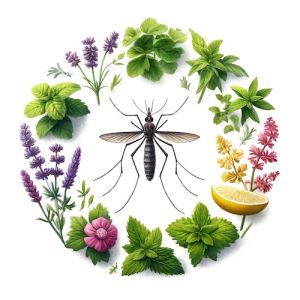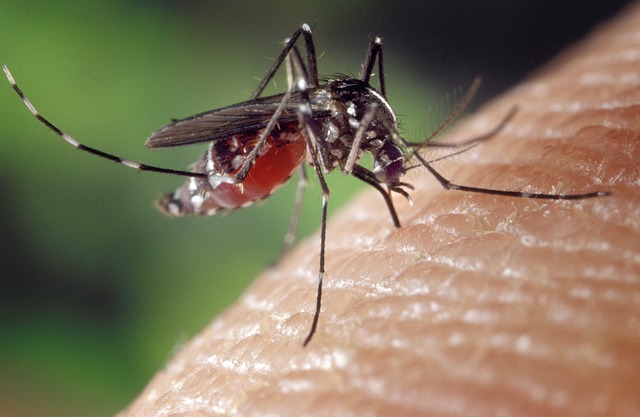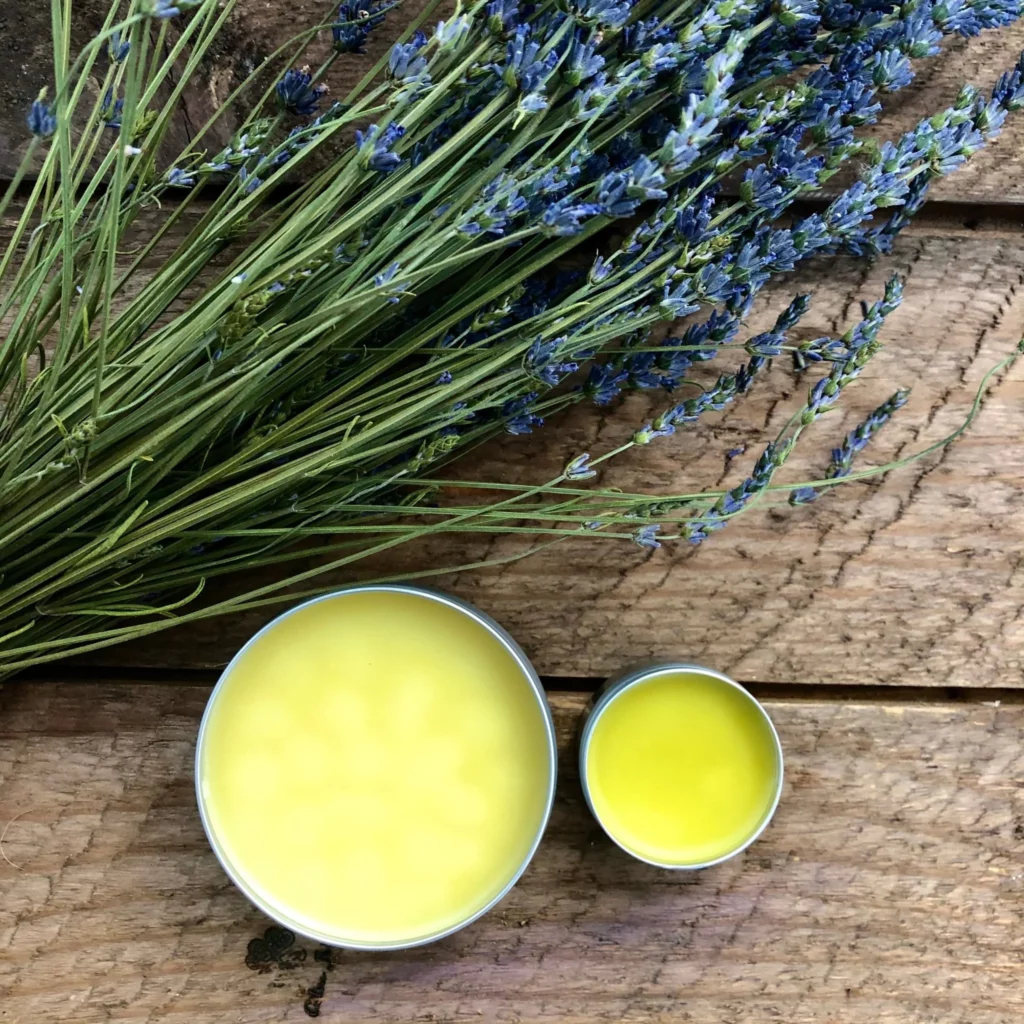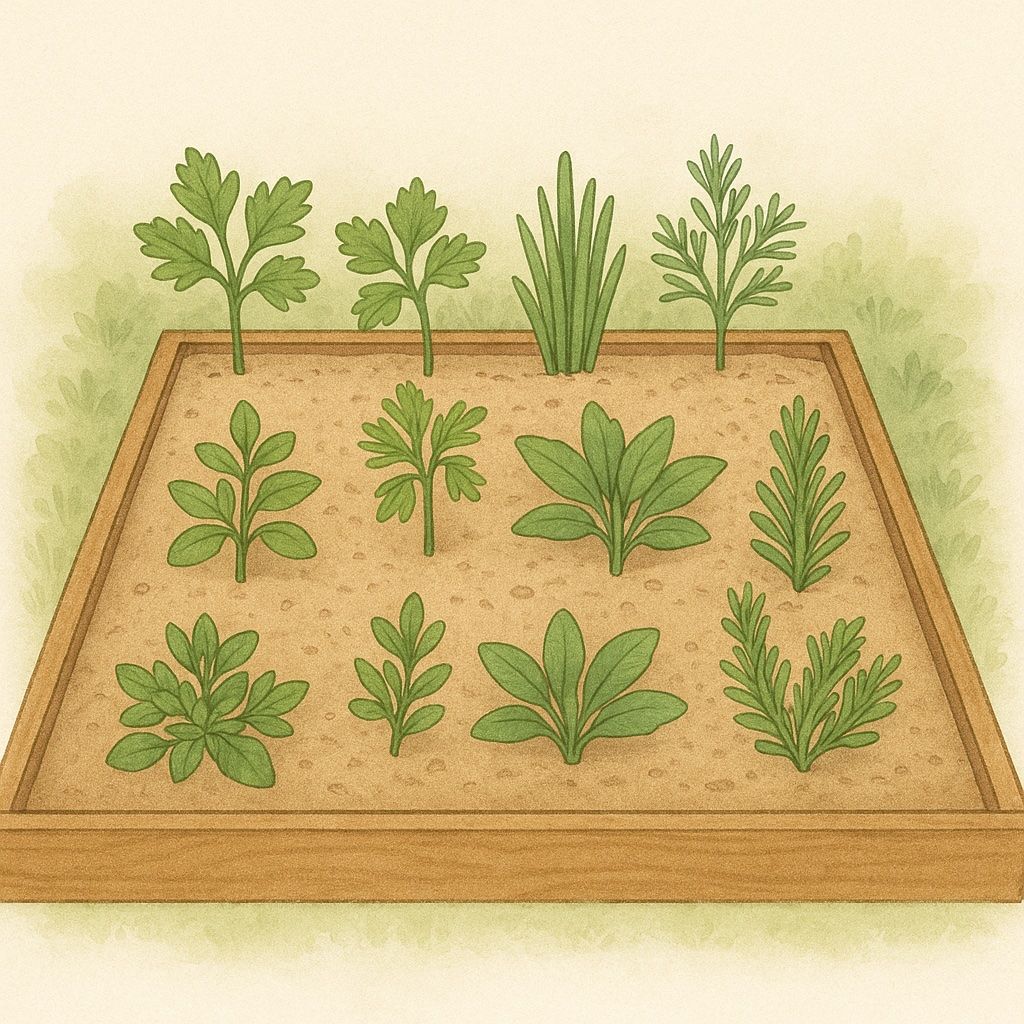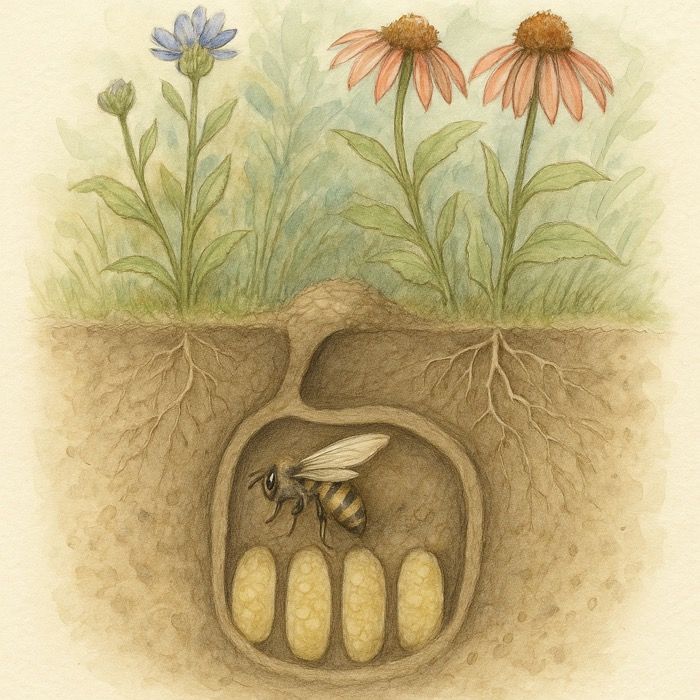The Garden Guide to Plants That Repel Mosquitoes
Are you tired of battling mosquitoes in your garden? Fortunately, nature provides a variety of plants that can help keep these pesky insects at bay. In this blog post, we’ll explore some of the most effective mosquito-repelling plants and how to use them in your garden and home to create a more enjoyable outdoor space.
How Mosquito-Repellent Plants Work
Many mosquito-repellent plants produce essential oils that contain compounds that interfere with a mosquito’s ability to sense you. These oils can target a mosquito’s olfactory receptors, making human scents less detectable, or disrupt their perception of carbon dioxide (which we emit and mosquitoes use to locate us).
1. Catnip (Nepeta cataria)
Catnip is not just for cats! This plant contains nepetalactone, an essential oil that disrupts a mosquito’s olfactory receptors, making it difficult for them to find you. Studies have shown that nepetalactone can be as effective as DEET, a common ingredient in chemical repellents, in repelling mosquitoes. While more research is needed for conclusive proof, catnip is a promising natural mosquito repellent option. Catnip is easy to grow from seeds or cuttings and thrives in sunny locations. To use catnip in your garden, plant it in pots or garden beds, but be aware that it can spread rapidly. Rubbing the leaves on your skin can also provide temporary mosquito protection. Be sure to do a patch test first on a small area of skin to check for sensitivity.
2. Lavender (Lavandula)
Lavender’s pleasant scent is a natural mosquito deterrent. The essential oils in lavender mask human scents that attract mosquitoes, making it harder for them to locate you. Lavender thrives in sunny, dry conditions and is a great addition to any garden for its aesthetic and mosquito-repelling properties. Use fresh or dried lavender flowers around your outdoor seating areas to keep mosquitoes away. Lavender is also commonly used in aromatherapy for its calming properties. Note: You can use lavender buds and lavender salves in your mosquito repelling strategy.
3. Peppermint (Mentha piperita)
Peppermint’s strong aroma is offensive to mosquitoes. This plant is easy to grow but can become invasive, so it’s best to keep it in containers. You can crush peppermint leaves and rub them on your skin to release the minty scent that mosquitoes hate. Additionally, planting peppermint near doors and windows can help keep mosquitoes from entering your home. Peppermint is a versatile herb that can also be used in cooking and teas.
4. Lemon Thyme (Thymus citriodorus)
Lemon thyme is not only a great culinary herb but also an effective mosquito repellent. When its leaves are crushed, they release essential oils that repel mosquitoes. These oils target a mosquito’s olfactory receptors. To maximize its effectiveness, crush a few leaves and rub them on your skin. Lemon thyme is easy to grow and thrives in sunny, dry conditions.
5. Lemon Balm (Melissa officinalis)
A member of the mint family, lemon balm has a strong lemon scent that mosquitoes find repellent. This plant can be quite invasive, so it’s best to grow it in pots. Like other aromatic herbs, crushing lemon balm leaves and applying them to your skin can help keep mosquitoes at bay. Lemon balm leaves can also be used in teas for their calming and uplifting properties.
6. Rosemary (Rosmarinus officinalis)
Rosemary is another versatile herb that doubles as a mosquito repellent. Its woody scent is unpleasant to mosquitoes, and you can use it fresh or dried. Plant rosemary in your garden, and consider placing sprigs on the grill to release aromatic smoke that keeps mosquitoes away during outdoor gatherings. Rosemary is a popular herb used in cooking for its distinctive flavor.
Tips for Maximizing Mosquito Repellency
- Crush the Leaves For most aromatic plants, crushing the leaves releases the essential oils that repel mosquitoes. Rub these crushed leaves on your skin for short-term protection. However, be sure to do a patch test first on a small area of skin to check for sensitivity.
- Plant Strategically Place mosquito-repellent plants near doorways, windows, and outdoor seating areas to create a natural barrier against mosquitoes.
- Combine Methods While these plants can help reduce mosquito presence, combining them with other methods like eliminating standing water and using commercial repellents will provide the best results.
- Consider Consulting a Medical Professional Especially before using any plants on children or pregnant women.
Other Repellent Plants:
In addition to the plants mentioned above, here are a few other mosquito-repellent options to consider:
- Citronella grass (Cymbopogon nardus) Known for its lemony scent, citronella grass is a popular choice for mosquito repellent.
- Marigolds (Tagetes spp.) The flowers of marigolds contain mosquito-repelling compounds
Conclusion
Integrating mosquito-repelling plants into your garden is an effective and eco-friendly way to enjoy the outdoors without the constant annoyance of mosquitoes. With plants like catnip, lavender, peppermint, lemon thyme, lemon balm, and rosemary, you can create a beautiful and functional garden that naturally deters these pesky insects. Remember, while these plants can significantly reduce mosquito presence, combining them with other control methods will yield the best results. Happy gardening and here’s to more mosquito-free outdoor enjoyment! Want to learn more? See our Mosquito Repelling FAQ
